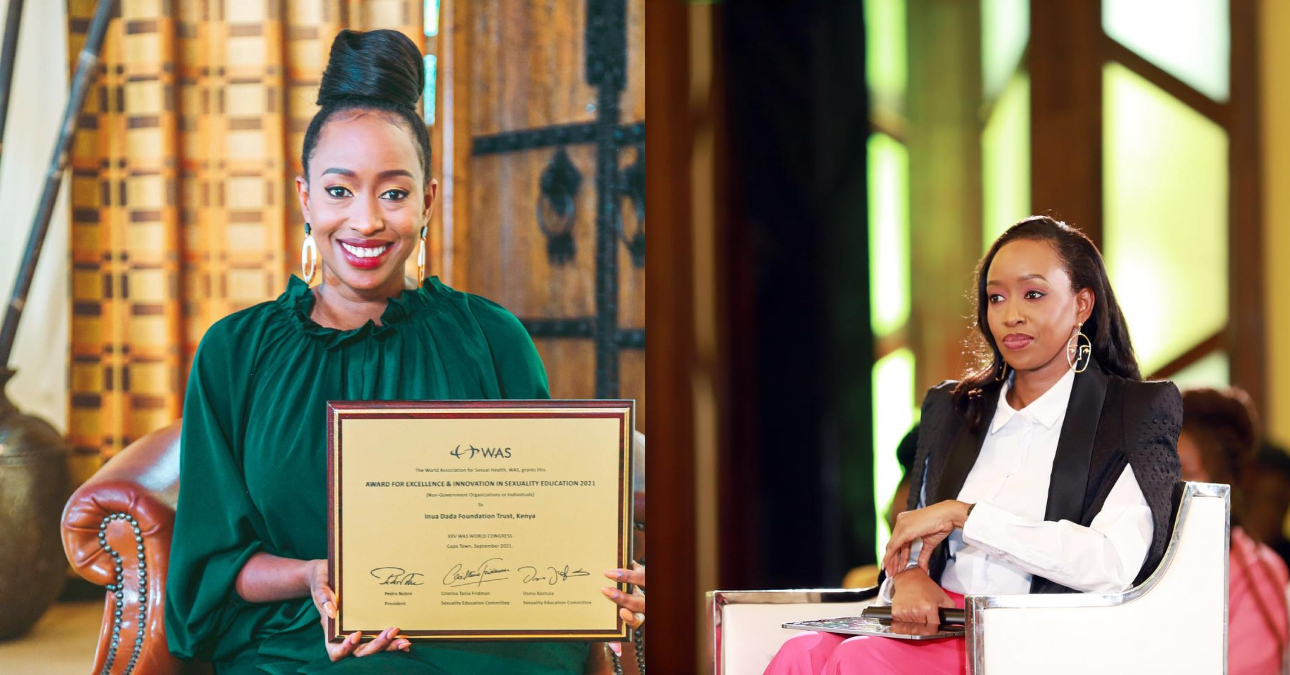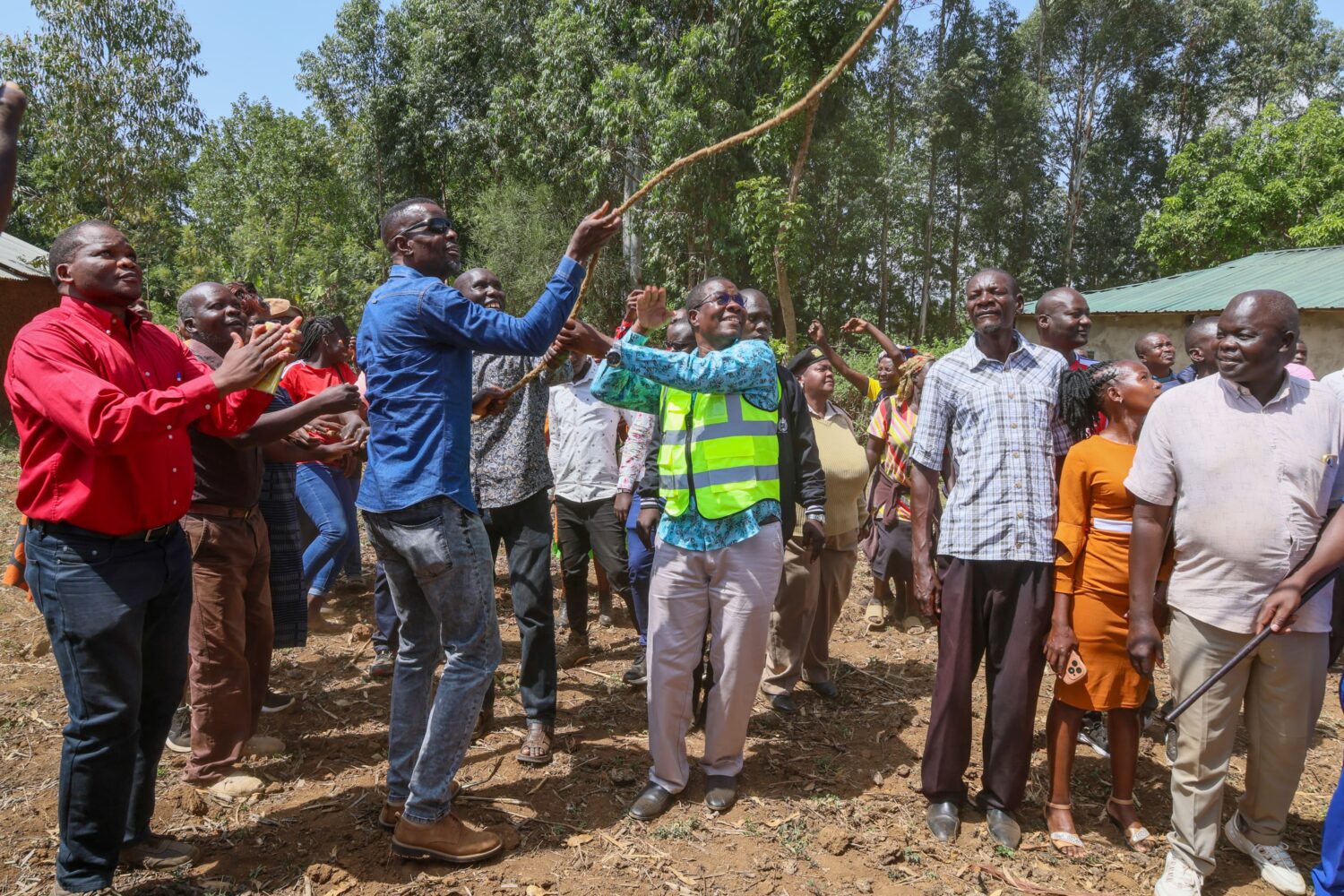Media personality Janet Mbugua has issued a strong warning against the increasing normalization of online gender-based violence (GBV). In a statement shared on Instagram on Sunday, November 16, 2025, Mbugua highlighted the serious harm caused by what is often dismissed as mere “banter” or “jokes”.
She argues that technology has made it easier to facilitate this type of violence, and society can no longer pretend it is harmless.
Mbugua directly challenged the culture of mocking and laughing at others’ pain online for entertainment. She questioned the point at which society accepted this behaviour:
“Sometimes I wonder when we decided that mocking people online counts as entertainment. How did laughing at someone’s pain become ‘just jokes’?”
She asserted that much of what is called banter is, in fact, cruelty. This online cruelty is rising due to technology and affects a wide range of people:
Women, men, and young people are affected in ways rarely discussed, and the violence is facilitated by technology, and we cannot pretend online harm is harmless.
Mbugua urged individuals to become more conscious of their actions on social media and to consider the potential harm their posts may cause. She believes that small shifts in behaviour can make a significant difference in curbing the spread of online abuse.
“Maybe the shift begins with something small. A pause before we post, a moment to choose empathy over noise,” she suggested.
She stressed that these simple acts of consideration can help protect vulnerable people and curb online harm.
In addition to calling for responsibility, Mbugua offered practical advice and support to victims who are experiencing harassment or abuse online.
Victims should reach out to someone they trust, she recommended contacting a digital safety organisation, and such organisations can help victims document, report, or talk through the abuse.
Her guidance highlights the need for strong support systems and reporting mechanisms to tackle the growing problem of online gender-based violence. The comments come as online abuse becomes increasingly common, prompting urgent calls for greater awareness and responsibility on social platforms.












